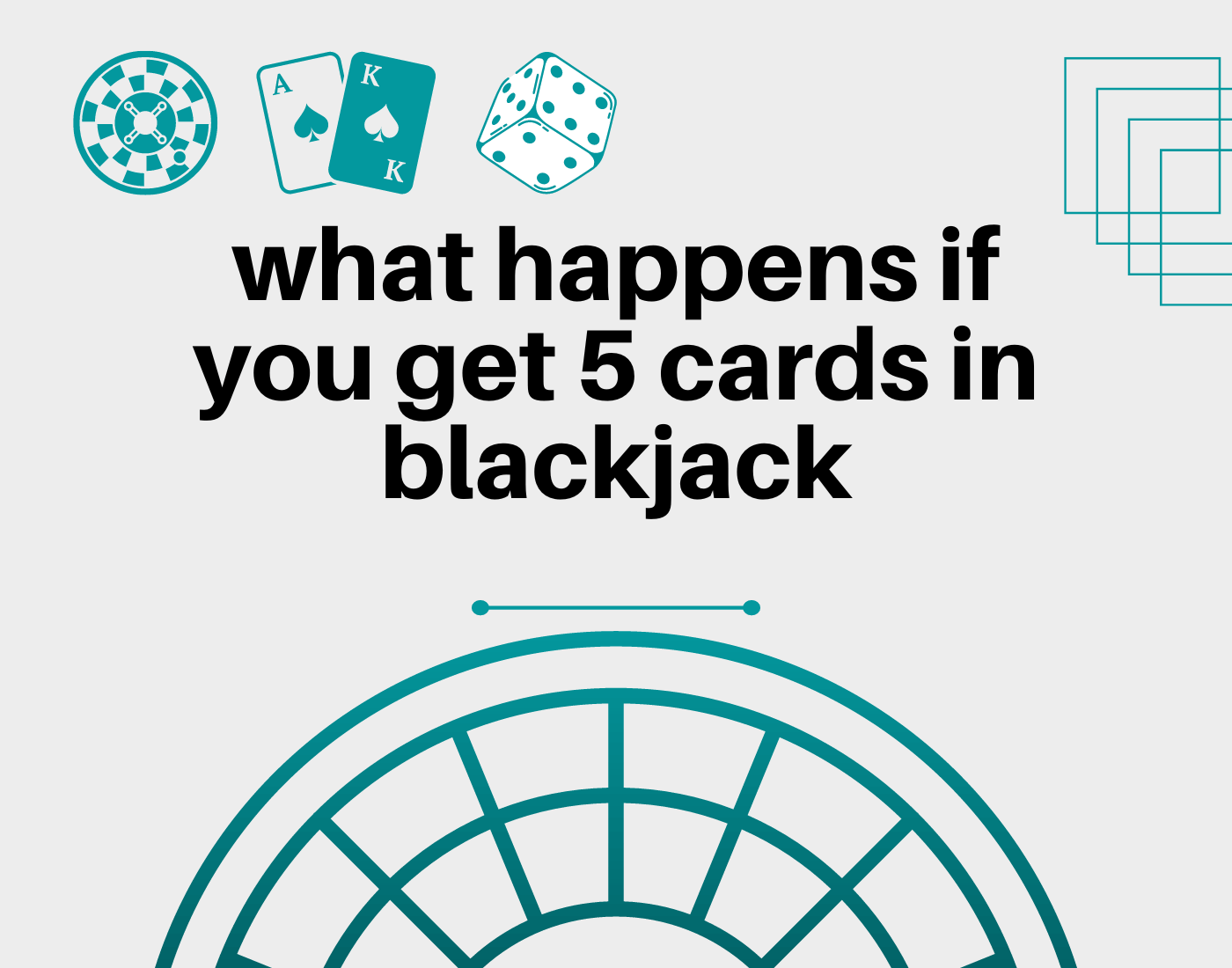
Blackjack is one of the most popular card games worldwide. It comes with a variety of rules that are meant to give players an edge over the dealer.
Every rule affects the game’s gameplay, and the best strategies differ accordingly. The five cards in blackjack rule is no exception to that. However, it should not be counted on. It only occurs once in 50 rounds.
Dealer’s face-up card
When dealing blackjack, the dealer’s face-up card is called their “hole card.” Some games allow dealers to peek at their hole cards during their turns. This is a risky practice, since it could expose them to an unintended advantage.
If you get a dealer’s face-up card in blackjack, you can choose to hit, stand, double down, or surrender. It’s also possible to make a side bet on the dealer’s ten-card (called insurance) for up to half of your original bet.
The best hand in blackjack is a natural, which is an ace combined with any number card or a ten-card, giving a count of 21 in two cards. If you’re lucky enough to get a natural, you’ll win 3:2 for every player who doesn’t have one.
Dealer’s face-down card
When you get 5 cards in blackjack, you have two choices. You can either stand, which means you continue playing but stop taking additional cards, or you can hit.
If you choose to hit, you must take another card and add that to your hand total. Once your hand total is higher than the dealer’s, you win.
You can also decide to double down, which means you double your wager and take a single card. This option is available only on certain combinations of cards.
You can also try to beat the dealer’s hand by creating card totals higher than theirs but not exceeding 21. You can do this by hitting, doubling down, splitting, or surrendering.
Dealer’s third card
The dealer’s third card is the same as any other card in blackjack. The dealer first flips over their “hole card” and then adds up their two-card hand. If their total is 17 or higher, they stand. If their total is 16 or lower, they hit.
The best hand in blackjack is 21 (also called a ‘natural’). This is an Ace combined with any King, Queen or Jack. When this happens, the player is paid one and a half times their bet. If the dealer also has this hand, then it’s a tie and the player loses their bet. In this case, the dealer offers the option of taking Insurance. If you choose to take Insurance, the dealer checks his ’hole card’ before he deals his cards.
Dealer’s fourth card
The dealer’s fourth card in blackjack is the one that will likely have the most impact on the game. This card will determine whether or not the dealer has a winning hand. This card is also the one that will decide if the dealer will bust or hit and stand. If the dealer busts, all player hands that are still in play win. If the dealer hits and stands, they will have to pay their opponents a certain amount of money, called a blackjack bonus. In addition to this, the dealer will turn over a special ’hole card’, which will show up on the table in the next round. This is the most exciting part of the entire game. Keep an eye out for this card and be sure to make the appropriate bets.
Dealer’s fifth card
When a player receives an ace and ten as their first two cards, it is considered a blackjack. This is an automatic win for the player, unless the dealer also gets a blackjack, which is called a stand-off.
Depending on the rules of the casino, the dealer may offer players an optional side bet called insurance. This is a wager that pays 2:1 if the dealer’s hole card is a ten, and 2 to 1 if it is an ace. However, this bet is not recommended for players who follow basic strategy and do not know how to accurately estimate the dealer’s hole card. It is only suitable for skilled card counters and those who are willing to risk their entire bet on a single hand.